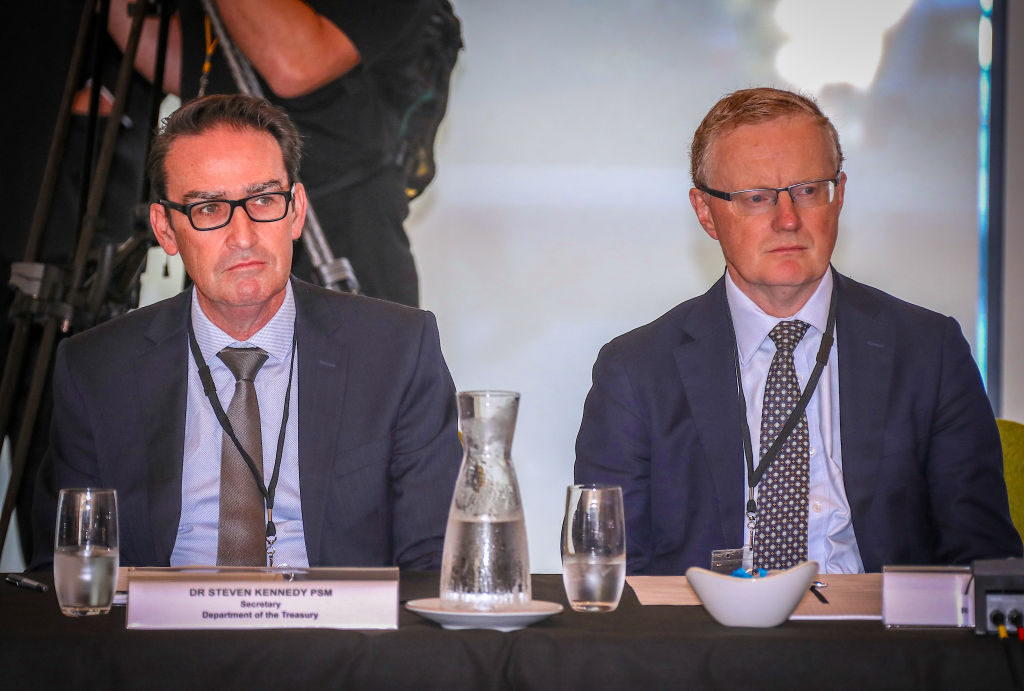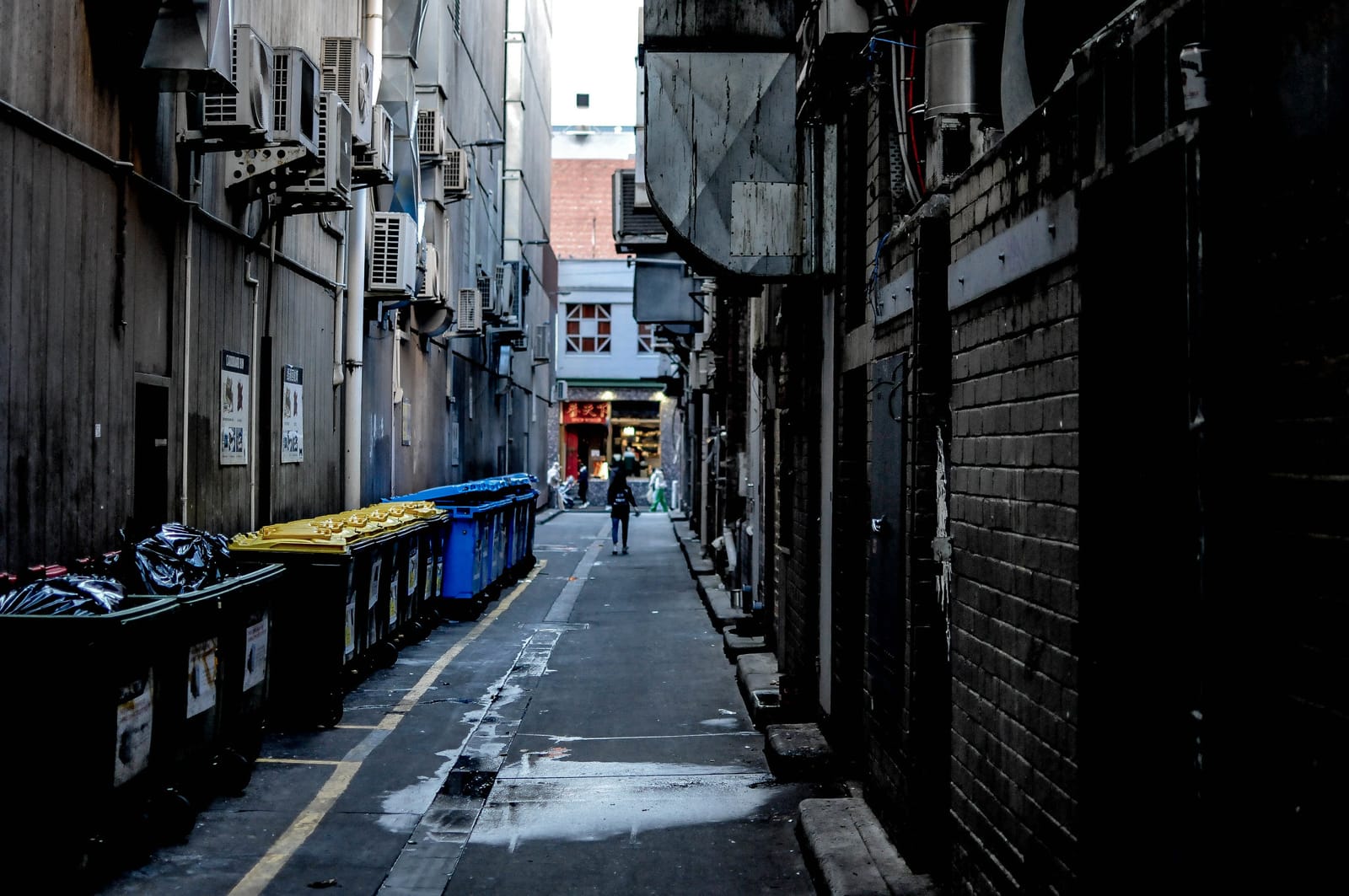Rethinking globalisation
Brad Setser brings a useful perspective to the deglobalisation debate in Foreign Affairs this month, chiding those worried that the world as we know it is collapsing and also those only too happy to exploit any panic for their own purposes.
“If observers downplay the extent to which the world’s economies are still integrated, they will underestimate the cost of actions that would fracture the world economy,” Setser, a former United States Treasury and Trade official, argues. “World leaders must take steps to increase their economies’ resilience, but they must first understand those steps’ true costs.”
It is good context to assess Australia’s approach to globalisation, considering how three quite different local institutional players have provided interesting insights in the past week into how the country is managing the issues raised by Setser.
Should a country so dependent on integration with Asia – China diversification or not – be adopting the lexicon of American protectionism to characterise its own approach to resilience?
The federal government’s Treasury boss has strikingly embraced the most iconic phrase in the Biden administration’s turn inwards, just as Australia’s equivalent of a sovereign wealth fund is retreating home in the face of geopolitical turmoil, and all while the alternative government has turned to the economic paternalism of the 1950s to justify its big idea for the next election.
So let’s take each in turn.
Beyond rabbits
Australia built the longest fence in the world a century ago to deal with the environmental security challenge of the moment – a rabbit plague. But Treasury secretary Steven Kennedy has chosen to import the Biden administration idea of a small yard with a potentially isolationist high fence to explain how Australia plans to deal with “tectonic shifts in the global economic order”.
In a speech last week to the US Studies Centre that provides the most granular insights into Australian international economic policy for a long time, Kennedy said that while a medium sized economy like Australia’s needs access to a wide range of markets, there were critical systems, goods and technologies where disruption could threaten the national interest.
“These parts of the economy cannot be left to the private sector alone and there is a clear role for government in regulating their operation and ownership. This is often described as the ‘small yard, high fence’ strategy, where a strong set of protections are put around a small number of critical economic activities,” Kennedy argued.

We’ve heard a lot from the increasingly ascendant security establishment in recent years about developing new frameworks to protect long term strategic and economic interests, with the clear message that security first is the necessary sequential hierarchy.
Kennedy’s speech is interesting because it implicitly concedes that the 2012 Asian Century White Paper driven by former Treasury secretary Ken Henry under the Gillard government was too optimistically economic determinist about, for example, the benefits from the rise of China. Having now helped birth the Albanese government’s tighter foreign investment rules and its pro-domestic manufacturing Future Made in Australia policy, Kennedy is resetting the economics of the new national resilience or, perhaps, deglobalisation agenda. As he puts it:
“It is incumbent on Australian policy makers to work together to develop sound policy frameworks and institutional arrangements that match the times. That take the long view and protect both (Kennedy’s emphasis) our economic and strategic interests.”
And putting all this back in the “small yard” context, Kennedy frankly concedes there has already “immense pressure” to expand the yard in directions he describes as “a quasi-form of industry protection or to respond to community pressure, rather than to address genuine security risks.”
The fact this speech was delivered at a US Studies Centre conference also addressed by Office of National Intelligence Director General Andrew Shearer underlines how the geoeconomic fracturing debate has forced the economic and strategic arms of policymaking to cooperate more. Or as Shearer said: “We can’t have prosperity in this country without security, but we can’t have security without prosperity, and so we have to demonstrate by what we do and what we say to business leaders that we understand that Australia needs a strong, open, dynamic, flexible economy with productivity growth, and that is absolutely essential to pay for the resilience and the defence and other capabilities we're going to need to navigate this period.”
But when Kennedy still strongly argues that the reintegration of the likes of China and India into the global economy “has benefitted Australians greatly”, he begs a question. Should a country so dependent on integration with Asia – China diversification or not – be adopting the lexicon of American protectionism to characterise its own approach to resilience?
Weimar redux
Drawing eerie parallels with the 1930s seems to have receded since the demise of Scott Morrison’s government, but now one of the country’s most watched money managers has joined the fray by pulling money back home.
Future Fund chief executive Raphael Arndt says the world is looking “more like the 1930s” which will force investors to rethink whether geographic diversification will “be the free lunch it has been for investors over the past 30 years.”
Not counting on easy returns from geographic diversification sit somewhat awkwardly with the government’s economic diplomacy engagement rhetoric about doing more in Asia.
“Nations will increasingly prioritise national security over traditional approaches to economic growth. Governments will become more intrusive and more likely to direct capital. Some countries and markets will be closed off to certain investors,” Arndt has written in a follow up to the Fund’s review of the new global investment order two years ago.
And in related comments to The Australian Financial Review he has suggested the $200 billion government funds manager will be investing more domestically at home to reduce its geopolitical and currency risks.
Arndt’s views on the rise of friendshoring and the likelihood of more out-of-left field political risks such as the Ukraine war are not particularly new. However, his response is because the Future Fund’s investment strategy is often used to benchmark the broader superannuation funds.

And they are the same funds that the Albanese government has been urging to take on a bigger role in Australia’s economic ties to the region by filling the void between low outbound Australia investment in Asia and high levels of trade. For example, a delegation of fund managers dutifully visited Indonesia at then new government’s behest in 2022 and then the theme was fleshed out further in the Moore report on economic engagement with Southeast Asia. However, since then, the main offshore public activity by the super funds seems to have been opening offices in London.
While investment portfolio management and direct investment are not the same, Arndt’s comments about needing higher returns from overseas investment in the current geopolitical environment and not counting on easy returns from geographic diversification sit somewhat awkwardly with the government’s economic diplomacy engagement rhetoric about doing more in Asia.
Going nuclear
It is only a year since Opposition economics spokesman Angus Taylor wrapped himself in carefully composed imagery of the Liberal Party’s venerated founder Robert Menzies fighting threats to free enterprise amid coal-powered electricity shortages in 1949.
“His emphasis is on freedom and choice for individuals and enterprise, personal responsibility, private home ownership while fighting creeping communism and socialism. Menzies’ pitch resonated with Australians ready to move on from the era of big government,” Taylor, reportedly an aspiring Liberal prime minister himself, told the Sydney Institute
So, it is hard to find a sharper turnround in the face of changing global circumstances roiling domestic policies than Taylor’s new-found enthusiasm for big government to deal with the local politics of climate change.
Here he is the day after the Opposition embraced government-owned nuclear reactors to thread the needle between walking away from mid-term targets for reducing carbon emissions but sticking with a 2050 net zero commitment.
“Government ownership in certain circumstances is not new for the Liberal Party. Robert Menzies used government ownership to get energy facilities going in the 1950s and we think there is an appropriate time and place for that,” Taylor told the ABC.
More remarkably he then endorsed a series of government enterprises that have periodically been Liberal Party targets for privatisation or closure from Australia Post to the Clean Energy Finance Corporation and the role of government business ownership from South Korea to the European Union.
This is all a long way from the Coalition’s previous promotion of a commercial nuclear power industry presumably funded by the same foreign investors who are becoming increasingly unnerved by an energy rich country constantly changing its approaches to renewable energy.
As Kennedy warns in the broader context of changing the fences around foreign investment: “There should be a high bar for what Government puts inside the yard and each decision should be carefully weighed, with both benefits and costs considered.”

